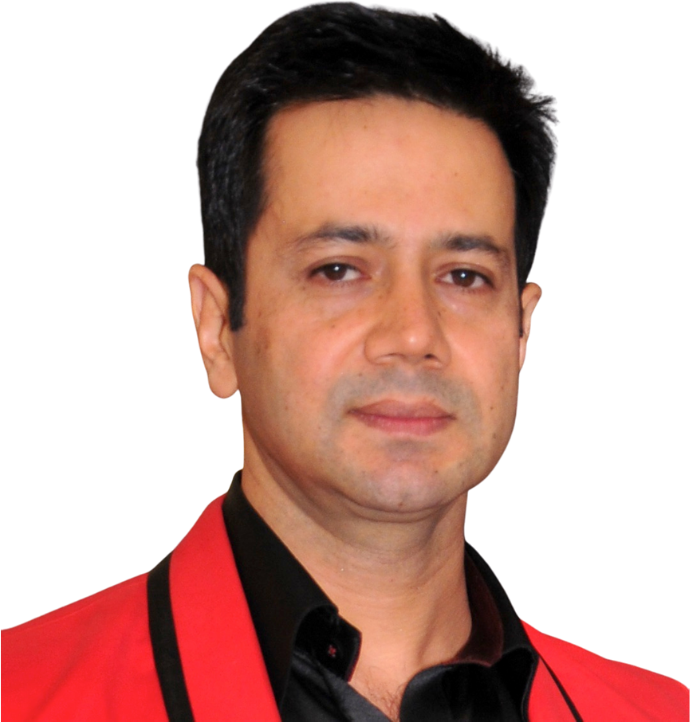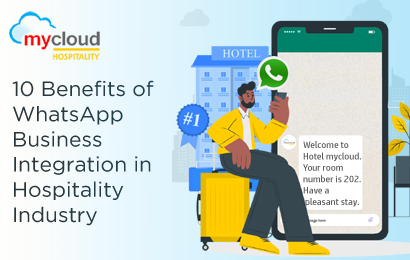Technology keeps disrupting the hospitality industry, bringing new opportunities for profit and sustainable business growth. However, it also carries challenges, from tools with a steep learning curve to an inconsistent data flow.
Hotel chains face more challenges than their independent counterparts, as they manage multiple properties in different locations, sometimes across the globe. Many don’t realize that hotel reservation software can eliminate those obstacles.
Some utilize just a few tools like a PMS (Property Management System) and CRM (Customer Relationship Management) software, failing to get a holistic view of all properties. Others use too many tools without interoperability capabilities, risking data inconsistencies and booking-related issues.
These problems represent two primary challenges hotel chains face:
● Not having a centralized platform to manage bookings across multiple hotels in different locations
● Not having real-time access to every hotel’s data.
Let’s see how central reservation software for hotels can help overcome these problems.
What is a central reservation system?
A central reservation system (CRS) is a platform that helps hotel chains manage room inventory and rates across multiple properties. This multi-property system provides real-time access to every hotel’s room availability and data. That way, it reduces errors, increases efficiency, and streamlines reservations and payments.
A CRS gathers data from your property management software (PMS), distribution channels (e.g., OTAs, DGSs, travel agents), and channel manager. It centralizes everything in one place, ensuring a seamless information flow.
How to overcome hotel chain challenges with a central reservation system
Integrating a CRS into your hotel chain’s tech stack will help you transform day-to-day operations and provide better guest experiences. Here’s how you can use it to eliminate obstacles and skyrocket your revenue.
1. Synchronize every property’s data
You probably have a dedicated PMS for each property, but you need a solution to synchronize them and gain real-time access to their data. A central reservation system is your go-to platform for that purpose.
Since it integrates with your PMS, channel manager, and distribution channels, it consolidates all data into one platform for centralized control. Every property’s front desk can enjoy a seamless information flow as the platform automatically updates all bookings and related activities.
Besides eliminating booking-related errors, that drives efficiency through the roof. You can add multiple users and assign roles and responsibilities that align with every property. That way, everyone will stay on top of bookings, cancellations, and other activities.
Central reservation software for hotels is also excellent for improving flexibility. Market trends ebb and flow, calling for regular pricing adjustments. A CRS can help you modify rates in one place and synchronize them across connected platforms, including your booking engine and OTAs, without updating data for each location.
Integrating a CRS into your booking engine will also promote direct bookings, as your website will provide relevant details for booking rooms. That will also cut your distribution channels’ costs.
2. Manage bookings across properties
Your hotel staff must manage bookings manually without a centralized solution like a CRS. Every hotel’s front desk must keep a watchful eye on direct bookings and those coming from various distribution channels.
Manually updating room rates and status takes away their precious time and can lead to multiple errors like double bookings and overbooking. That doesn’t bode well for your guest experiences.
Hotel reservation software can help you keep track of bookings across all properties. Every hotel’s front desk staff can check room rates and availability across the chain and manage bookings seamlessly.
They can accept reservations, send booking confirmations, update room status, modify pre-arrival activity, cancel reservations, and manage other booking processes within seconds.
Embracing automation will give your hotel staff more time to handle guest inquiries and special requests and personalize experiences.
3. Identify hotel guests’ consumer behavior.
A CRM gives you a holistic view of all guests across multiple properties. There’s no data duplication, and you can view a comprehensive guest history showing all visits and relevant details.
You can see each guest’s booked rooms, length of stay, and room and non-room revenue (e.g., food and beverage, health and wellness, parking, events). You can also see their preferences like favorite room type, view, menu options, events, kid-friendly activities, and pet-friendly features.
Their consumer behavior can help you understand them better and personalize your services. Every property in your hotel chain will have a unified view of customers to make their stay smooth and enjoyable.
4. Measure and analyze performance across properties.
A central reservation system has advanced reporting features. It lets you measure every property’s performance using various hotel KPIs like revenue per available room (RevPAR), cost per occupied room (CPOR), and occupancy rate.
You can get reports on occupied rooms and their revenue, expected arrivals, cancellations, and no-shows. You can track due payments and invoices, predict demand, and gain real-time business insights for data-driven decision-making.
5. Generate in-depth financial reports.
A CRS offers multi-property financial reporting to help hoteliers stay on top of finances and make better decisions for trimming costs and driving profits.
Some of the reports you can generate in a CRS include:
● Central pickup reports;
● Pickup pace predictions;
● Market-wise and business source-wise productivity;
● Transaction reports;
● Daily revenue reports;
● Net revenue reports.
This central financial accounting will give you an insight into your profitability and help you drill down into all transactions across the chain to understand how to improve your profit margins.
A CRS can help hotels monitor critical metrics and move forward with instant business decisions based on booking trends and budget achievements, thus optimizing per-room revenue.
A CRS will also help manage TA and Corporate profiles centrally. One of the biggest advantages will be a consolidated view of TA and corporate productivity across properties.
HOs can access multiple properties via a single timeline and, hence, get a bird’s eye view of hotel operations.
Conclusion
A central reservation system sits at the heart of every hotel chain. It’s a crucial tool for breaking through technological and geographical boundaries and maximizing hotel tools’ potential.
It can help you manage bookings seamlessly across all properties, supercharge efficiency and revenue, lower operational costs, and elevate guest experiences.
mycloud Hospitality offers intuitive central reservation software for hotels that helps multi-property operators centralize data storage and management.
From room availability and rate management to comprehensive guest profiles and insightful reports, it helps hotel chains streamline operations and meet guest expectations. Book a demo to see it in action!







